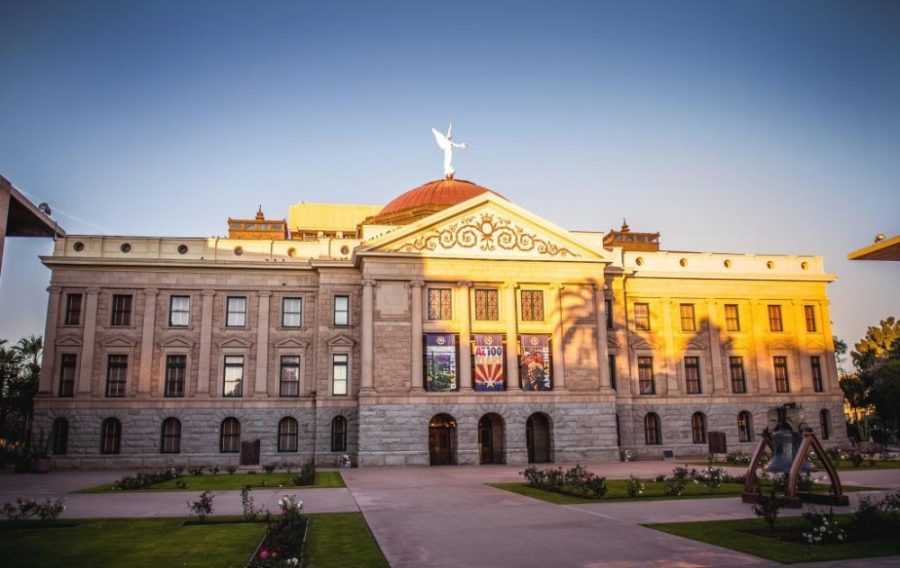Correction:
The original version of this story that ran contained unsupported statements and used the phrase “illegal immigrant.” These oversights are not representative of the standards we strive to uphold and we regret our errors. The story reflects those changes.
Considerable controversy has surrounded the topic of illegal immigration over the past few weeks, both nationally and in Arizona.
Republican presidential candidate Donald Trump held a rally in Phoenix on July 11, where he looked to connect with primary voters in this state. He focused on illegal immigration as a central topic.
Another GOP candidate, Ben Carson, held a rally in Phoenix last month in addition to taking time to inspect Arizona’s southern border.
SB 1070 was a piece of legislation initially passed in 2010 under then Gov. Jan Brewer, according to the bill, that permitted law enforcement to use reasonable suspicion as a basis to inquire about an individual’s citizenship.
In addition, SB 1070 bans Arizona cities from enacting sanctuary policies while establishing a mandate of cooperation between the cities and U.S. Immigration and Customs Enforcement agents.
According to an Associated Press article, the portion of the law that prevented undocumented people from taking to the streets to offer their services has been permanently blocked.
On Sept. 4, U.S. District Judge Susan Bolton upheld the portion of the controversial SB 1070 law that allows law enforcement to make immigration status inquiries.
Bolton, who originally blocked several portions of the bill in 2010, has heard many of the lawsuits against SB 1070 in recent years.
The most recent lawsuit was brought to court by a coalition of plaintiffs seeking to challenge the state senate’s bill.
Though seven legal challenges have been made since the passage of SB 1070, Bolton sided with lawmakers on the legality of the bill.
“Because the plaintiffs have admittedly not produced any evidence that state law enforcement officials will enforce SB 1070 any differently for Latinos than a similarly situated person of another race or ethnicity, the Court grants summary judgment in favor of Arizona,” Bolton said of her decision.
Bolton did side with the plaintiffs regarding the day labor portion of the bill.
“The day labor provisions are over inclusive because they restrict more speech than is necessary to serve Arizona’s interest in traffic safety,” Bolton said, referring to a previous ruling by the Ninth Circuit on day labor, which struck down those provisions from the state bill.
The greater takeaway from Bolton’s decision may signal the end of continued legal opposition to SB 1070, as the plaintiffs in the case haven’t decide whether they will continue to pursue legal action.
According to a Pew Research Center survey conducted in May, 37 percent of Americans approve of the job that President Barack Obama is doing in terms of immigration policy.









